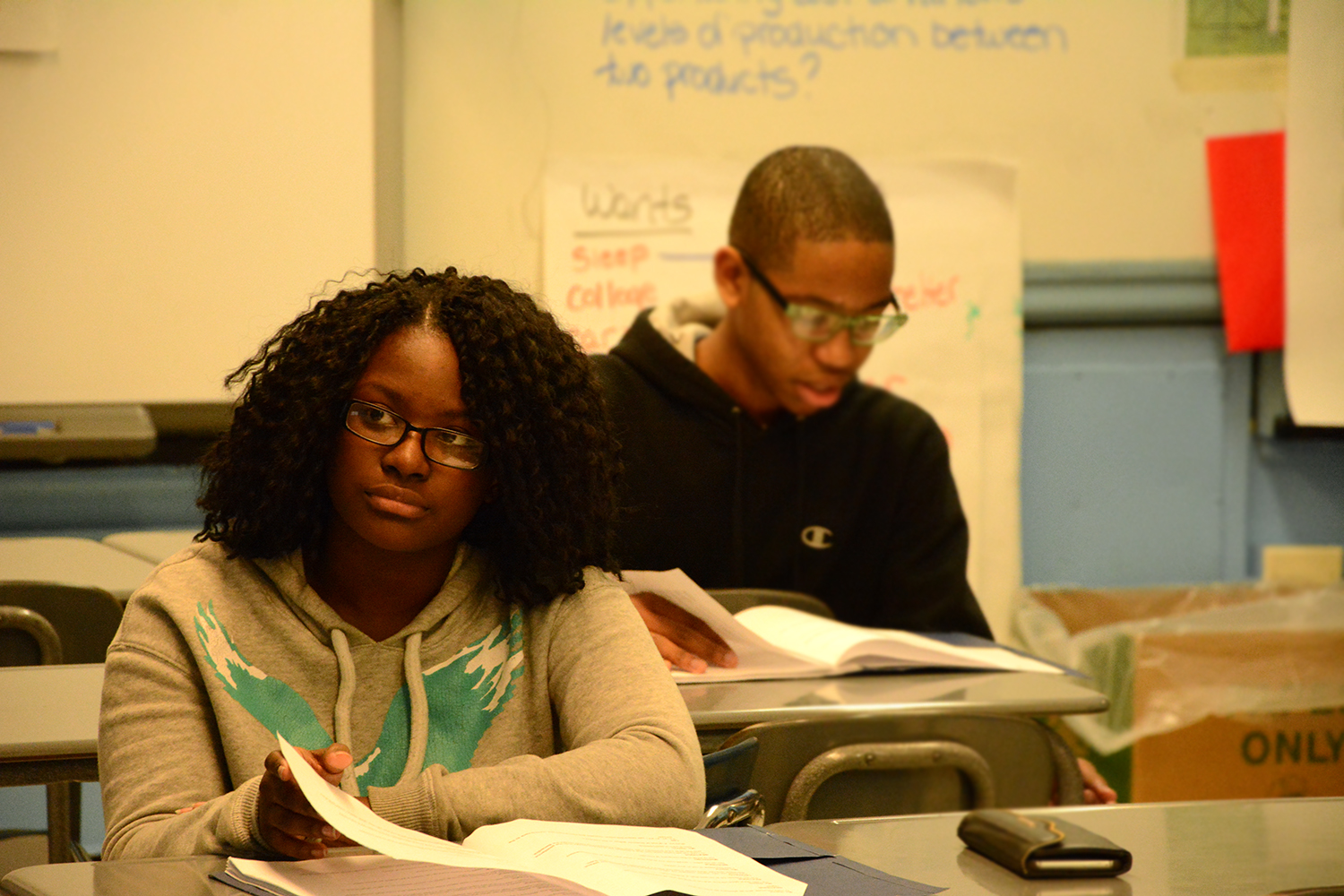New study examines socio-emotional benefits of arts education
Elementary school children who participated in arts education programs showed growth over children without these same opportunities across multiple areas of socioemotional learning. These included: tolerance for others’ perspectives, growth mindset (i.e., the understanding that their abilities and knowledge can develop through hard work), and achievement motivation.
The William Penn Foundation released the findings of a new study, The Socioemotional Benefits of the Arts: A New Mandate for Arts Education, at a convening that explored the role of arts education in the development of young people. The William Penn Foundation engaged WolfBrown, a leading arts and arts education research firm, to evaluate a cohort of the Foundation’s arts education grantees working across art forms in partnership with elementary, middle, and high schools throughout Philadelphia.
Socioemotional learning (SEL) includes the development of critical human capacities like self-control, effective decision-making, maintaining a positive self-image, and constructive and empathetic interactions with others. Previous research makes it clear that developing these abilities is fundamental for children’s well-being, their success in school, and in life. What has been missing, up until now, is a clear understanding of the role that the arts could play in fueling this kind of growth.
Read the original article at williampennfoundation.org/
